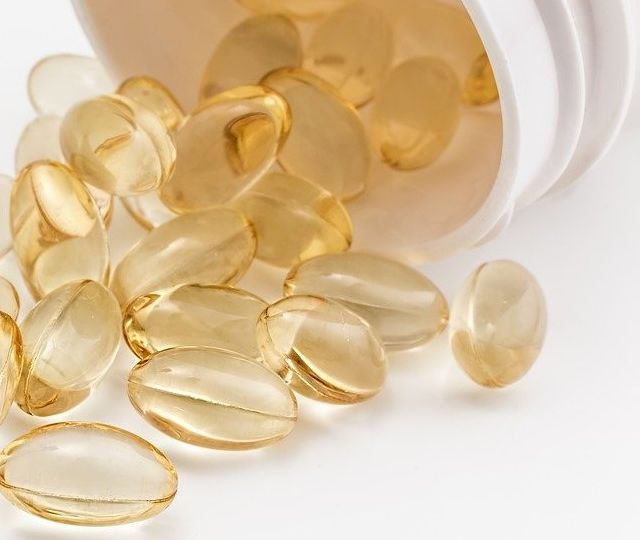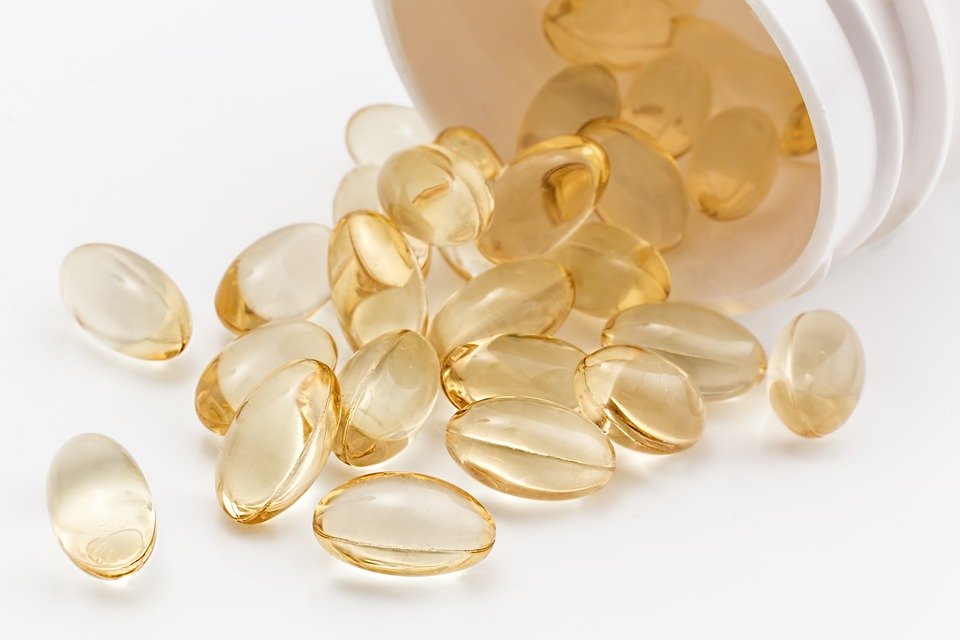
Essential Supplements for Better Bone Health



It is important to appreciate that supplements can never replace eating a varied colourful whole food fibre rich micronutrient rich plant-based diet. That said, there are some supplements that are useful for all adults and B12 is essential on a plant-based diet.
It is best to consult with your doctor regarding the best supplements for you, especially if you are considering getting pregnant, are pregnant or breast feeding or if you want advice for your child.
- Vitamin B12 2000 -2500 micrograms/ week or 250 micrograms/day. If over 65 years, you need 1000 micrograms/day. Vitamin B12 is made by microbes in the soil and as our food and drinking water is sanitised now to prevent infection, we need supplements as humans cannot make Vitamin B12 themselves. This supplement is ESSENTIAL on a plant-based diet and also necessary for omnivores above the age of 50.
- Vitamin D3 1000 – 2000 IU daily with the largest meal of day especially in the winter months. Avail of direct sunshine on your arms, legs or back for 15-30-45 minutes, depending on the colour of your skin, with longer times needed for darker skin. Put sunscreen on after 15 minutes of exposure if you have pale skin. Vitamin D is actually a hormone and its synthesis occurs in our skin on exposure to sunlight. Foods including eggs and mushrooms are poor sources of Vitamin D.
- Omega 3 (these are essential fatty acids meaning those that our body needs but can’t make them):
- Algae derived non pollutant omega 3 (EPA & DHA) – 250-300 mg daily and
- 1-2 tablespoons of ground flaxseed powder daily and/or
- 1 teaspoon chia seeds (soaked) daily and/or
- 6 walnuts halves daily
- ¼ cup hemp seeds
Omega 3 is not made by fish. It is made by seaweed and algae and as some people don’t convert ALA from food substances very efficiently, it is wise to take an algae derived omega 3 supplement. Consider having seaweed nori wraps or dulse flakes on your salad once or twice a week as part of a varied plant-based diet.
- Iodine: is a trace element and is an essential component of the thyroid hormones. It is present in variable amounts in whole grains, kale, courgettes and organic potatoes with the skin depending on the soil. Seaweed and sea vegetables such as nori and dulse are good sources of iodine but seaweed sources have varying amounts and can be unreliable. Iodised salt is also a good source, but one should try and minimise salt in general. The daily requirement is about 150 micrograms/day and if you are concerned you are not getting the required amount in your diet, you may wish to take a supplement. Too much iodine can be a problem just as too little. In some people, over consumption of raw cruciferous vegetables may block the thyroid gland’s ability to absorb iodine. The daily recommended amount for adults is 140mcg per day.
- Pre-Pregnancy supplements: B12, Vit D, Folate 400 mcg and Algae derived omega 3 (300 mg). Choose a high-quality supplement. Consider an iodine supplement.
It is best to consult with your doctor regarding the best supplements for you, especially if you are considering getting pregnant, are pregnant or breast feeding or if you want advice for your child.
